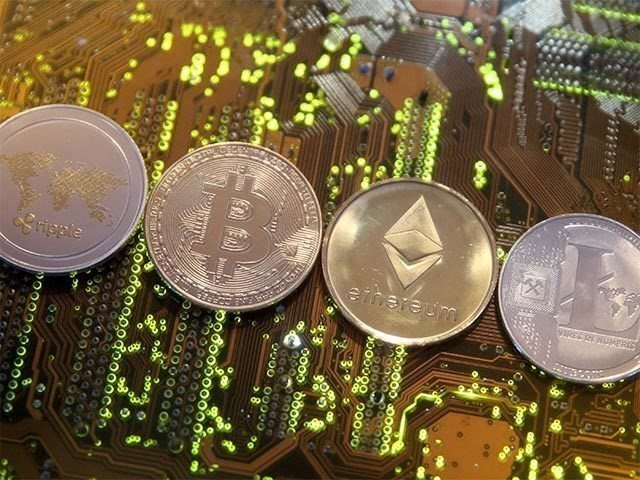
Central banks and banking systems across countries have been seized of the existing and possible impact of this technology.
The disruptive ability of blockchain technology, especially its visible manifestation — the bitcoins — is well known. On April 6, 2018, RBI exercised its statutory powers to comprehensively prohibit all regulated entities from dealing with bitcoin and its providers. The ban includes facilitation of clearing and settlements, maintaining accounts, registering trading, settling and clearing, loaning against virtual tokens, accepting bitcoin as collateral, opening accounts of exchanges of bitcoins, etc.
Earlier, on Feb 1, 2017 and December 5, 2017, RBI cautioned public on the matter. Central banks and banking systems across countries have been seized of the existing and possible impact of this technology. Several central banks like Bank of England (working paper 605 of 2016) and commercial banks have articulated their approach. What could be the causes of concern, caution and discussions? It is pertinent to examine.
One of the primary roles of a central bank is to preserve and protect the monetary system and ensure its smooth functioning. This role includes currency management, clearing and settlement, overseeing activities of banks which are custodians and operate upon the values of monetary instruments. Larger related responsibilities are around the balance of payments (BOPs), preventing misuses like money laundering, drug trafficking, etc. All these are anchored on currency as a unit of account, store of value and medium of exchange. In a classical central banking structure and banking system, either physically or electronically, these characters of the currency are decipherable, controllable and intervenable.
Blockchain is a paradigm shift. With instruments like distributed ledgers, digital currencies, smart contracts and intelligent programmable currency units, the ability of unknown entities to influence and cause potential disruption and relative unpreparedness of the ecosystems are causing the concern.
Gartner, the famous research firm, puts the dilemma on a 2X2 matrix. It puts the systems responsibility on the twin pillars of ‘asset trust’ and ‘execution trust’. The central bank and banking system’s response have been put between ‘defensive’ and ‘offensive’.
Today, most central banks are in an evolutionary, and necessarily cautionary, phase of their approach to digital currencies. No gain saying, the widespread use of these currencies will alter the role of central banks. While smaller economies could go for a faster rollout and, if necessary, a rollback (Like in Thailand and Barbados), larger economies and countries cannot afford such luxury. At the same time, it must be remembered that blockchain came out of a need for faster, more flexible and less expensive way to conduct business transactions.
Thus, central banks have the unenviable role of balancing between furthering new generation technology for productivity and efficiency and preventing a possible chaos due to players getting too ahead of the time.
Despite bitcoin doubts, the use of blockchains in other monetary and operational systems of economy is on the rise. Distributed ledger technology is increasingly being adopted as a complement and an alternative to centralised clearing and settlement processes like ACH, RTGS and SWIFT. The main driver for adoption being cost efficiency and risk management.
The Monetary Authority of Singapore and Bank of Canada have reportedly conducted POCs for interbank payments using blockchain. However, relative immaturity of the technology and non-concrete nature of the security protocols are likely to prolong the POC phases.
Another approach, which some of the central banks are toying with, hovers around small transformative changes to get ready for the new age, if it were to come. These include putting digital identifiers in currencies both physical and electronic, technology for tracking distribution and usage and use of technology to preserve anonymity of currency and chain of ownership.
Clearly, the situation is fluid.
Hi! I am a robot. I just upvoted you! I found similar content that readers might be interested in:
https://economictimes.indiatimes.com/news/economy/policy/view-rbi-should-not-let-india-left-behind-in-technologies-like-blockchain-and-bitcoins/articleshow/64088009.cms
Downvoting a post can decrease pending rewards and make it less visible. Common reasons:
Submit